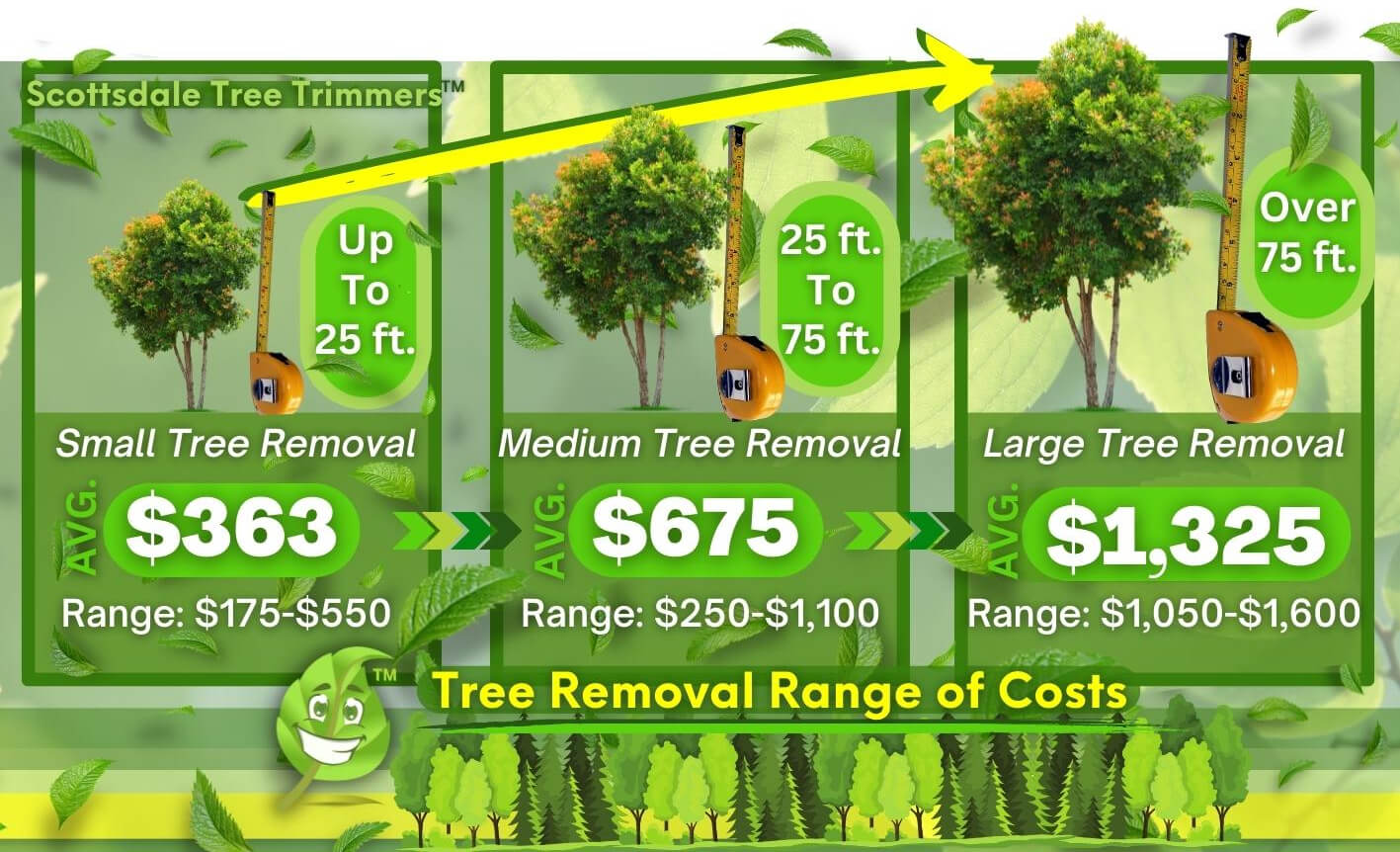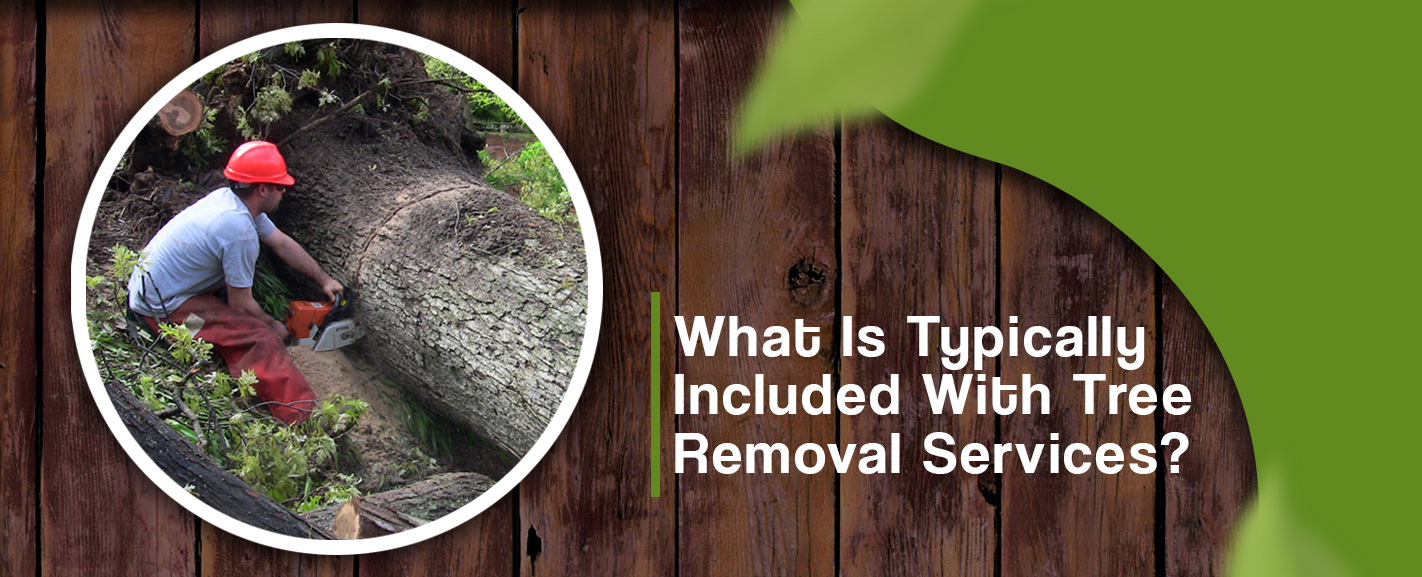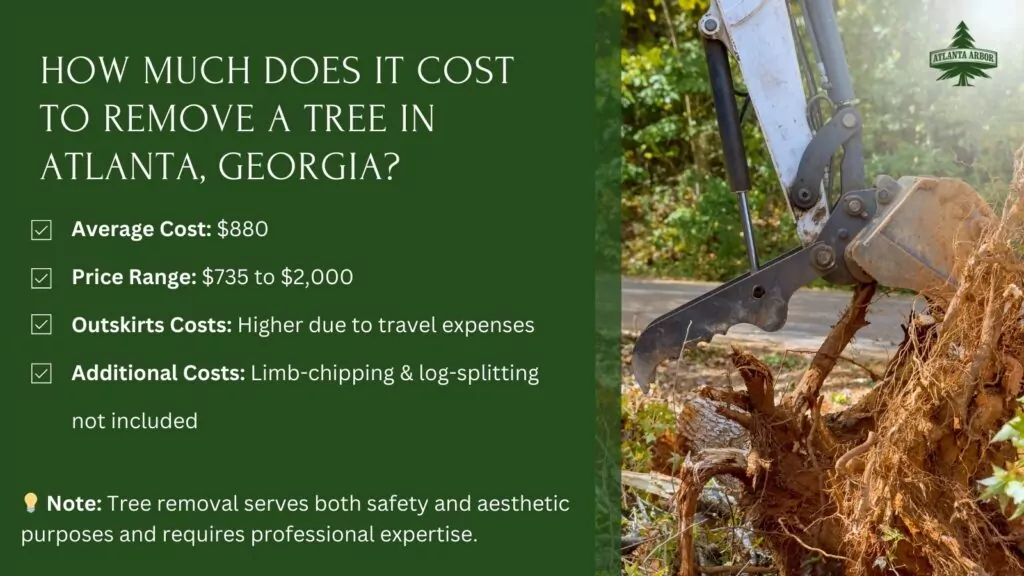Featured
Table of Contents
- – Rush Stump Removal Costs In Buckeye, AZ
- – Buckeye, AZ Tree Cutting: Cost Expectations
- – Buckeye, AZ Tree Clearing Pricing Structure
- – Buckeye, AZ Tree Removal Pricing Options
- – Buckeye, AZ Tree Cutting: Financing Plans
- – Buckeye, AZ Stump Removal vs DIY: Price Compa...
- – Seasonal Tree Clearing Deals In Buckeye, AZ
- – Typical Tree Trimming Pricing In Buckeye, AZ
- – How Much Should You Pay For A Stump Removal ...
- – Factors Affecting Tree Trimming Costs In Buc...
- – Latest Tree Service Costs In Buckeye, AZ
- – Get Tree Trimming Quotes In Buckeye, AZ
- – Buckeye, AZ Tree Clearing Guarantee Costs: W...
- – Fair Arborist Costs In Buckeye, AZ
- – Top Tree Trimming Prices In Buckeye, AZ

The subsections below supply more detailed info about rates, including a typical variety for each. TypeAverage Elimination CostPineConiferPalmMagnoliaArborvitaeAshCedarSweet GumEucalyptusSycamoreCypressOakMaplePoplar You can anticipate to pay in between to get rid of a pine, depending on its size. Removing a pine is one of the more inexpensive jobs unless it is one that has actually been around for several years and is quite big.
Rush Stump Removal Costs In Buckeye, AZ
Pines likewise have a tap root that grows deep into the soil, which can show to be more hard to eliminate. The process itself involves a specialist cutting the tree, clearing the base, cutting the surface area roots, removing the stump, and finally dealing with the soil. Without an expert hand, you risk leaving pine seedlings behind, which will fall from the roots of distressed pines.
Buckeye, AZ Tree Cutting: Cost Expectations
The U.S. national average for conifer removal is around to have the conifer cut down, transported away, and the stump ground or removed completely. Conifers are typically much easier to remove, and despite the fact that they can grow rather tall, they do not cost a fortune to get rid of. Conifers consist of pine, spruce, fir, and juniper trees.
Buckeye, AZ Tree Clearing Pricing Structure
While conifers are lovely, they eliminate native plants and particular types of yard (tree service). The average rate of palm removal depends on the height as much as the type, varying from.
Buckeye, AZ Tree Removal Pricing Options
That is why it is essential to understand which type you are removing. While you do not need an herbicide to eliminate a palm tree, there are some steps your removal professional will have to require to guarantee the job is done correctly. There are two methods they can eliminate them: by chopping them down or digging them up.
Buckeye, AZ Tree Cutting: Financing Plans
This is since little animals like rats and scorpions often reside in them. Plus, many types will have spikes, too. From there, they remove the real tree and then the stump. Anticipate to pay between to eliminate this kind of tree, depending upon the exact size and details of the task.
Buckeye, AZ Stump Removal vs DIY: Price Comparison
There are three types: green, white, and black ash. With its gray-tinged bark, its leaves are green or purple in the spring and golden yellow or purplish-red in the fall.
Seasonal Tree Clearing Deals In Buckeye, AZ

Due to the variation in height, the removal cost variation is large from. A coniferous, evergreen tree, the cedar is a durable types.
Typical Tree Trimming Pricing In Buckeye, AZ
The development of incorrect cedars varies from 50 feet up to 230 feet high. With star-shaped leaves and sensational fall colors, the sweet gum is thought about a medium to big tree.
How Much Should You Pay For A Stump Removal In Buckeye, AZ
It has a big root base of 40 to 50 feet, which impacts the elimination expense. Generally, it costs between to eliminate a eucalyptus. Eucalyptus are not typical everywhere, but they are rather large compared to others, which is why even the smaller sized ones are so expensive to eliminate. Originally from Australia, eucalyptus are invasive plants that grow in thick groves that secure native plants.
Factors Affecting Tree Trimming Costs In Buckeye, AZ
There are a handful of methods to do this, including burning, pulling, grinding, or killing them with herbicide. Anticipate to pay between to eliminate sycamores, based on the height, trunk size, and amount of work included. Sycamores are one of the biggest hardwood trees, typically ranging from 60 to 100 feet tall and as large as 15 feet.
Latest Tree Service Costs In Buckeye, AZ
The very first two actions will expose the within the tree and cut off the circulation of nutrients up the trunk. From there, a professional uses herbicide to kill the tree and cuts down the trunk. They will eliminate the stump. Otherwise, new sprouts might grow from it. Reducing and getting rid of a full-grown cypress could cost as much as.
Get Tree Trimming Quotes In Buckeye, AZ
There are various kinds of Cypress trees, however the most common are the Leyland, Arizona, Bald, and Italian. The Bald Cypress grows in swampy or really wet locations while the others delight in a dry, warm, or hot environment (stump removal). They can grow as tall as 80 to 100 feet high
Buckeye, AZ Tree Clearing Guarantee Costs: What's Included

Prone to diseases, the Cypress is among the most treasured woods for furniture. The average oak grows to around 60 feet, and depending on the complexity of the elimination, it costs approximately to eliminate. The specific size of your oak and the effort required to fell it impact what you will in fact pay for elimination along with any extra services like stump grinding.
Fair Arborist Costs In Buckeye, AZ
Access to the trees and the roots will also affect the total cost. Maples are usually among the more expensive trees to eliminate since of their size and the work included in the removal.
Top Tree Trimming Prices In Buckeye, AZ
Poplars are giants of the species. Growing as high as 90 to 115 feet, these massive timbers are primarily found in North America and consist of the aspen, cottonwood, and balsam trees. Boasting an extensive root system, poplars can be costly to eliminate when fully grown. The process to eliminate trees involves all the trimming and cutting of the branches and trunk, bringing it down to a stump.
Table of Contents
- – Rush Stump Removal Costs In Buckeye, AZ
- – Buckeye, AZ Tree Cutting: Cost Expectations
- – Buckeye, AZ Tree Clearing Pricing Structure
- – Buckeye, AZ Tree Removal Pricing Options
- – Buckeye, AZ Tree Cutting: Financing Plans
- – Buckeye, AZ Stump Removal vs DIY: Price Compa...
- – Seasonal Tree Clearing Deals In Buckeye, AZ
- – Typical Tree Trimming Pricing In Buckeye, AZ
- – How Much Should You Pay For A Stump Removal ...
- – Factors Affecting Tree Trimming Costs In Buc...
- – Latest Tree Service Costs In Buckeye, AZ
- – Get Tree Trimming Quotes In Buckeye, AZ
- – Buckeye, AZ Tree Clearing Guarantee Costs: W...
- – Fair Arborist Costs In Buckeye, AZ
- – Top Tree Trimming Prices In Buckeye, AZ
Latest Posts
Troy, IL Tree Trimming Replacement Costs
Real Claymont, DE Tree Service Testimonials
Vacaville, CA Tree Service Uninstall Costs
More
Latest Posts
Troy, IL Tree Trimming Replacement Costs
Real Claymont, DE Tree Service Testimonials
Vacaville, CA Tree Service Uninstall Costs